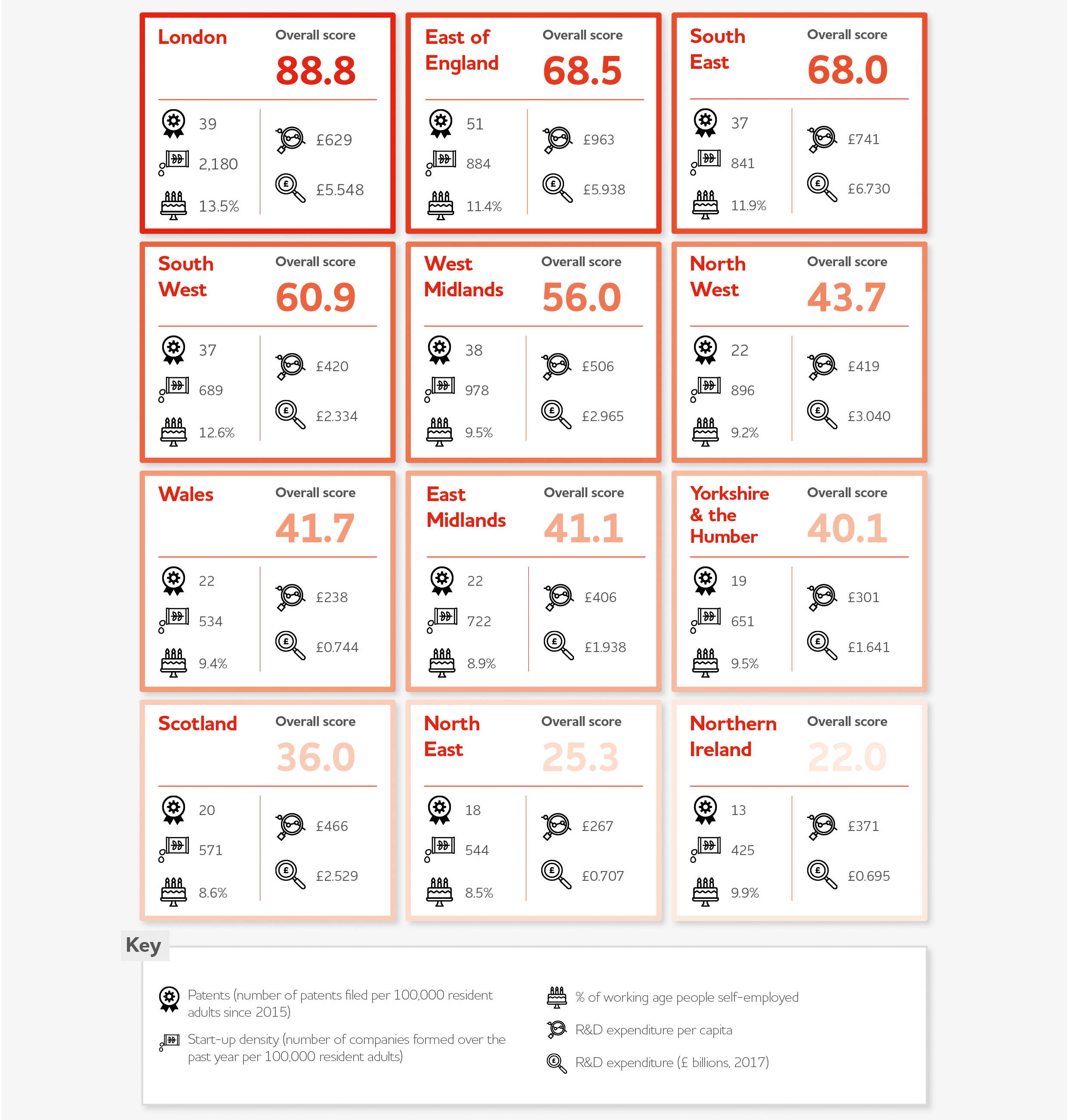-
Login
More Login links
Internet Banking
Business Internet Banking
Started an application?
Other services
Help
-
Register
More Register links
Internet Banking
Business Internet Banking
Other Services
- Our Products More business product links
Bank accounts
- Business current account
- Business choice account
- Switching business accounts
- Compare all business accounts
Savings accounts
Loans and Finance
- All Treasury solutions
Treasury solutions
Help and support
- Online Banking More online banking links
BusinessOnline
- Commercial More commercial business links
Business enquiries
Contact us about a general enquiry.
- Corporate and Structured Finance More corporate business links
Corporate and Structured Finance
SME Cashflow Finance
Unlock your cash flow potential. At Yorkshire Bank we take a flexible approach to business borrowing.
Lending is subject to status and eligibility.
- Our Sector Expertise More sector expertise links
Back innovators and inventors across the country to boost the economy
< back to all business news articles
14/01/2020
- New study from Cebr, in partnership with Virgin Money, shows closing the productivity gap through more investment in R&D with SMEs has the potential to deliver a £106 billion uplift to GDP and an additional 272,000 jobs
- The research reveals a strong correlation between a region’s overall innovation score and their productivity and employment levels – so more investment needed in the UK’s least innovative regions to close the productivity gap
- UK’s entrepreneurs are concentrated in London, the south and central England, but strong pockets of innovation in other regions provide cause for optimism
- Since 2015, more patents were filed per working age adult in Edinburgh and Aberdeen than in any other UK city
Investment in new business start-ups and dedicated support for the nation’s inventors and innovators are vital to improving the UK’s economic outlook and tackling the productivity crisis, according to a new report exploring and comparing levels of innovation across the economy.
The SME Entrepreneurship and Innovation report - published by Virgin Money UK plc in partnership with leading economic consultancy, The Centre for Economics and Business Research (Cebr) – reveals that London and the East of England are the most innovative regions of the UK.
Northern Ireland is identified as the worst performing area for innovation, with the North East second from bottom in the regional rankings.
The gap between southern and central England and the rest of the UK can be partly attributed to levels of investment in Research and Development (R&D). In the East of England, for example, high spending on R&D and strong levels of patenting activity - due mainly to the impact of the University of Cambridge - helped the region to second place overall, with London’s higher rate of business creation (more than twice that of any other region) ensuring the capital topped the index.
Despite several regions achieving low overall Index scores, the research found localised pockets of innovation and success. For example, since 2015 more patents were filed in Edinburgh and Aberdeen than in any other major UK city, while the University of Cardiff’s strong research credentials marked out the Welsh capital as a major driver of innovation.
A strong correlation was found between the regions’ overall scores and their productivity and employment levels. Among the six highest ranked regions in the Index (London, East of England, South East, South West, West Midlands, North West) the average output per hour worked was £33.88, compared to £29.50 among the six lowest ranked regions (Wales, East Midlands, Yorkshire and Humber, Scotland, North East and Northern Ireland).
If those in the bottom half of the Index achieved the same productivity levels of those in the top half, Cebr calculate there would be a £106 billion boost to UK GDP. Additionally, if the six lowest ranked regions had experienced the same rate of employment growth over the past three years as the six highest ranked, employment levels would be 272,000 higher across the UK.
Gavin Opperman, Group Business Director, Virgin Money UK plc said: “Innovation and entrepreneurship are key economic drivers and it is highly encouraging that many regions across the UK are strong performers in these areas. Despite some ongoing uncertainty in the economy, there are reasons to be optimistic and confident about the future.
“It is vital that the UK continues to innovate and grow to retain a competitive advantage. Entrepreneurs are crucial to this and we know that SMEs make up over 99 per cent of UK businesses, so we must support their creation and nurture their growth.
“Every region in the UK has a part to play and we can see from this research that there are areas that will benefit from dedicated support to boost innovation. Partnerships between the public and private sectors, university and business collaborations, and proactive investment into research and development are central to improving the country’s economic outlook and there needs to a concerted effort to promote this at every level.”
Pablo Shah, Senior Economist from Cebr, added: “This research reinforces just how important it is to close the gap between London, the south and central England and other UK regions. There are localised success stories throughout the country and areas where we can see pockets of innovation. However, given the gains that could be unlocked if other regions were to invest more heavily in process and product development, more needs to be done to encourage innovation in all sectors of the economy.”
Download the report(PDF, 2.41 MB , (Opens in a new window)
Regional breakdown

POSTED IN: Deals
SHARE
Related Articles
You are here: Business Banking > Business News > Articles
- About Yorkshire Bank
- About us
- Virgin Money UK PLC
- Media relations
- Careers

Internet Banking has moved
To log into Internet Banking you now need to use Virgin Money Internet Banking. You'll get the same great service and are able to access all your accounts.
Your log in details will stay the same and you can log in directly from the shiny new Virgin Money website.
Continue to Virgin Money Internet Banking
Go to the Virgin Money website
Be Alert
Never tell anyone a token 3 response code, even someone from the bank. You should only input these codes to our secure Business Internet Banking service when you’re sending and making payments. If anyone calls and asks for a token 3 response code or asks you to authorise a payment on the App for fraud checks, hang up and call us on 0800 085 2914 from another line if possible, remember the Bank will never ask you to disclose your security details.
Continue to Virgin Money Business Internet BankingYou can find impartial information and guidance on money matters on the “MoneyHelper” website.
Yorkshire Bank is covered by the Financial Services Compensation Scheme (FSCS), Find out more.
